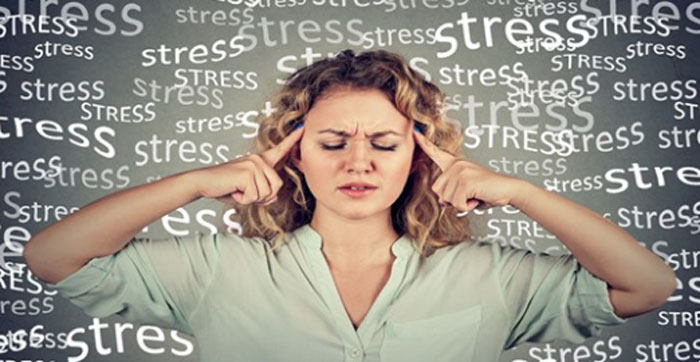Stress affects everyone. Even though experiencing a little stress is completely fine, too much stress can make you both mentally and physically ill. Chronic stress can disrupt every system in your body. It can weaken your immune system, upset your reproductive and digestive systems, speed up the aging process, increase your risk of a heart attack and stroke, and leave you susceptible to many health problems. When you feel stressed out, you activate the sympathetic nervous system or fight-or-flight response. During the stress response, cortisol rushes through your body, your heart rate increases, blood pressure rises, breathing quickens, muscles tighten, and oxygen gets pumped to your brain. This is how your body reacts to a stressful event. Here is what happens to your body when you are hit by stress.
Heart
Both acute and chronic stress cause inflammation in the coronary arteries, which can lead to a heart attack. Also, the constant increase of the heartbeat in the people who are dealing with chronic stress disrupts the heart’s ability to pump blood. This increases the risk of hypertension and stroke.
Brain
Even by experiencing mild stress, you will notice a change in your memory. According to a research, published in the Journal of Neuroscience, there is a link between a short-term memory loss and high levels of the stress hormone cortisol in aging adults.
Immunity
Chronic stress can suppress your immune system. Apart from increasing your risk of developing many diseases, this will worsen any health condition that you are currently dealing with.
Lungs
Rapid breathing is one of the most common symptoms of stress. However, a number of studies have shown that if you suffer from emphysema, the stress can prevent you from getting enough oxygen, and if you deal with asthma, the stress can trigger an attack. The stress increases your inflammation, which makes the asthma attacks more common.
Skin
Sudden stress will make you temporarily pale due to a redirection of blood from your face to the muscles that may need it. However, ongoing low-grade stress will speed up the aging process of your skin. Constant stress can also cause acne, skin rashes, psoriasis, and rosacea.


